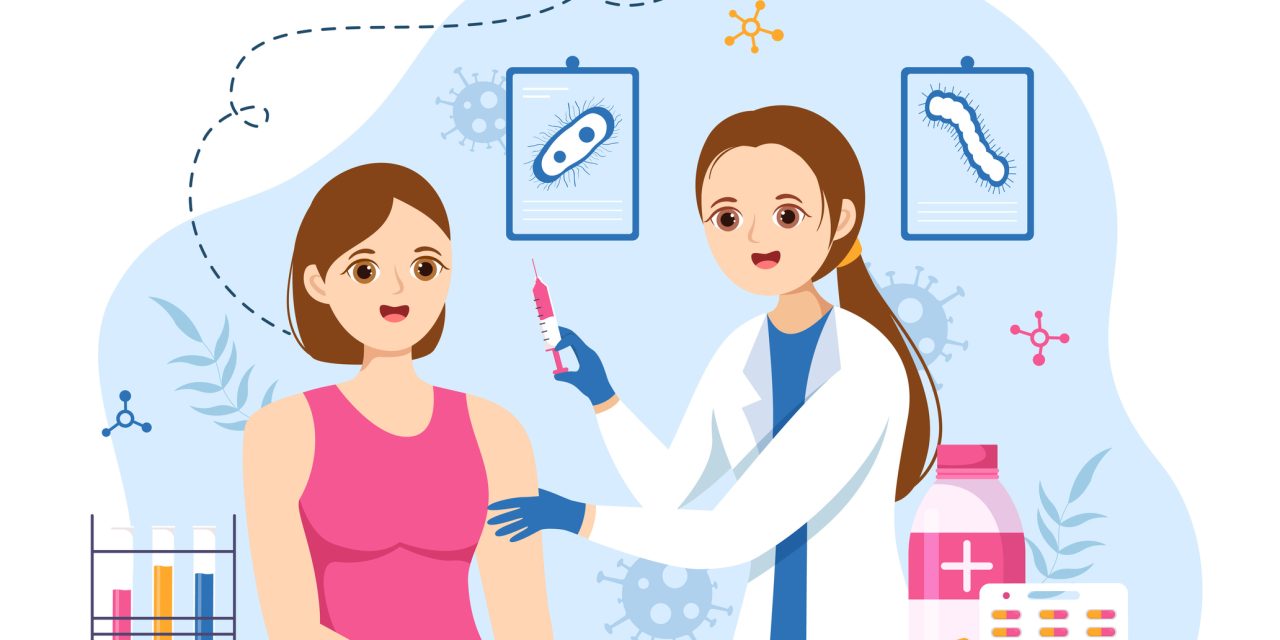Hereditary angioedema (HAE) caused by C1-inhibitor (C1-INH) deficiency (C1-INH-HAE) is a rare illness, with a reported incidence of 1:50 000. C1-INH-HAE generates incapacitating symptoms that can be fatal if angioedema damages the upper airways. Diagnostic methods are now well established, and the function of bradykinin as the primary mediator of plasma outflow triggering angioedema development is well understood. Because of a better knowledge of the pathophysiology of C1-INH-HAE, novel medicines that block bradykinin production or activity have been developed in recent years. Simultaneously, a recombinant C1-INH concentrate was created from the milk of transgenic rabbits, and two plasma-derived C1-INHs were tested in controlled trials for marketing approval. In 2012, physicians from 17 HAE reference centres created an Italian network for C1-INH-HAE to collect data from Italian patients and to homogenise and enhance the disease’s diagnostic and treatment approaches.
Although there is general agreement on the therapeutic aims and management of C1-INH-HAE acute episodes, HAE professionals still take diverse methods to prevention. ITACA’s clinical expertise on a large group of C1-INH-HAE patients tracked for several years may aid in discovering the most successful disease treatment options.


